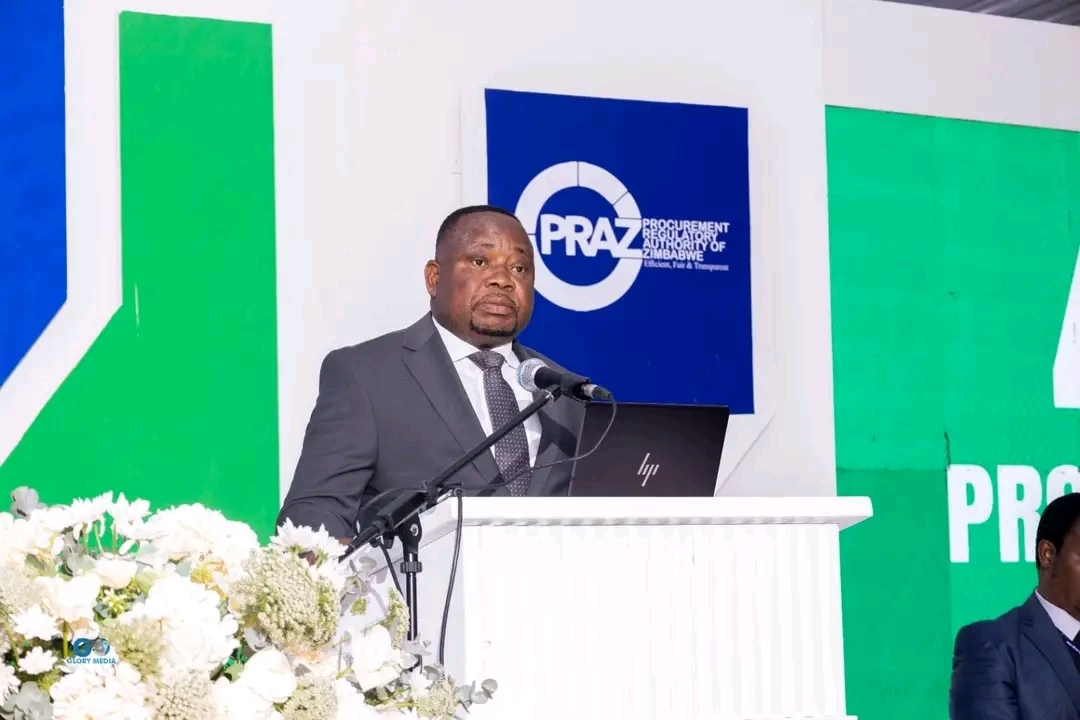
In an era where public procurement has transcended simple transactions to become a lever of national transformation, the fourth Annual Public Procurement Symposium, currently underway in Bulawayo, has emerged as both a mirror and a megaphone. Organised by the Procurement Regulatory Authority of Zimbabwe (PRAZ), this year’s event does more than convene procurement professionals; it critically interrogates their readiness to meet the evolving demands of a modern economy.
The symposium, which kicked off on Monday, comes at a time when Zimbabwe’s pursuit of Vision 2030, a bold ambition to become an upper-middle-income economy, is intensifying. But as the Ministry of Skills Audit and Development recently revealed, a chasm persists between policy aspirations and human capital preparedness. The symposium seeks to bridge that gap, aligning the country’s procurement machinery with emerging global trends, technological disruptions, and national development priorities.
While procurement has often been viewed through the narrow lens of compliance and cost-cutting, the dialogue in Bulawayo is shifting that paradigm. PRAZ Chief Executive Officer, Dr Clever Ruswa, underscored the need for a more holistic skill set among professionals, particularly in soft skills such as negotiation, ethics, and stakeholder engagement. His assertion is more than rhetorical, it’s a recognition that procurement today must function as a strategic discipline, not a back-office function.
This sentiment was echoed and deepened by Professor Paul Mavima, Minister of Skills Audit and Development, who made an impassioned case for convergence, where technical know-how meets adaptive, future-proof skills. “Procurement professionals must integrate technical knowledge with soft skills if we are to drive inclusive development,” he said. His remarks reveal an underlying truth: procurement must not only deliver value for money, but also value for society.
The inclusion of junior officers at the symposium is a strategic touch, grooming the next generation while allowing them to interface with seasoned practitioners. This intergenerational dialogue could be the cornerstone of building institutional memory and agility within Zimbabwe’s procurement ecosystem.
Yet, beyond the training modules and panel discussions lies a deeper imperative. With Zimbabwe’s economy undergoing structural reforms and facing increasing scrutiny over public expenditure, procurement professionals must now function as nation-builders. Their choices influence not just prices and timelines, but local content development, job creation, and transparency.
This symposium, therefore, is not a routine gathering, it is a policy moment. It is where the country’s economic aspirations meet its operational realities. Whether the insights shared over the two days translate into long-term procurement reform will depend on how seriously institutions treat the skills audit as a diagnostic tool rather than a box-ticking exercise.
In a world where governance is increasingly measured by fiscal integrity and institutional effectiveness, procurement is no longer a technical field. It is a political and developmental one. Zimbabwe’s procurement professionals must now wear multiple hats: analysts, negotiators, ethicists, and above all, stewards of public trust.
If the conversations in Bulawayo are any indication, the journey toward that transformation has just begun.




